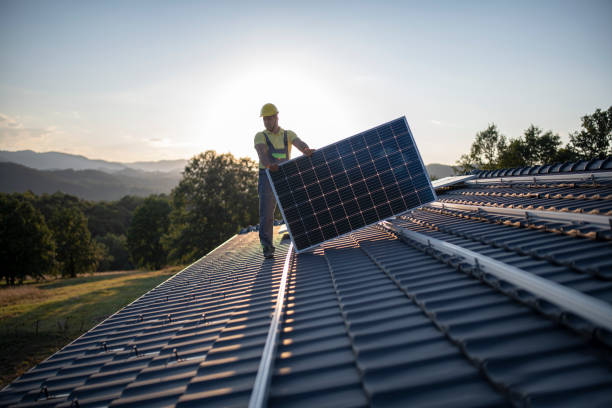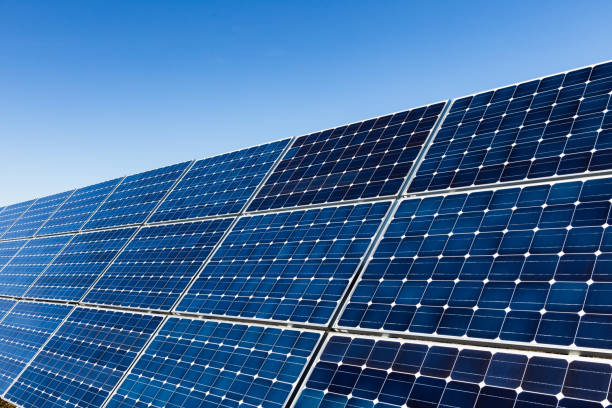Solar panels are an excellent way to generate clean, renewable energy. However, they can degrade over time.

Panels are made up of many individual solar cells. These are comprised of silicon semiconductors that absorb sunlight and convert it into an electric current.
There are a number of factors that affect their lifespan, including climate, maintenance, and panel type. The bottom line is that solar panels typically last 25-30 years before they start to decline in output.
Panel Efficiency
One factor that affects how long your solar panels last is their efficiency. This is the number of electrical units a panel can produce from a single unit of sunlight.
The efficiency of your panel is largely determined by the quality of the materials used to make it, and how well those materials perform under varying environmental conditions. Higher-quality materials can reduce degradation rates by a greater amount, and they also tend to have better durability.
Degradation rates tend to be lower in moderate climates, where panels receive more sunshine and fewer outside environmental factors such as snow load. However, in some extreme climates (such as deserts and colder areas) degradation rates can be much higher.
Because of this, it’s important to monitor the output of your panels on a regular basis. This way you can catch problems early, and address them before they become expensive to repair or replace.
Degradation Rates
Just like any product that you purchase, solar panels degrade over time. The rate of degradation varies depending on the panel’s age, build quality, and level of exposure to the elements.
If you’re comparing solární panely systems, look for ones that advertise a low degradation rate. This means that the system will generate a greater amount of electricity over its lifetime, making it an even better investment for your energy needs.
The average degradation rate for modern monocrystalline panels is 0.25% per year. Premium manufacturers such as SunPower offer panels with degradation rates as low as 0.3% per year.
Warranties
The good news is that solar panels come with warranties that protect your investment. These warranties address two key areas of your system: product and performance.

The product warranty covers the panel itself and offers protection against defects in its materials or workmanship. The manufacturer will typically provide a replacement or refund the original purchase price of your module.
Many manufacturers also offer a performance warranty that accounts for the fact that panels naturally degrade over time. This happens at a rate of about 0.25-0.5 percent per year.
A typical performance warranty will guarantee that a panel will produce at least 80% of its rated output during the lifetime of the warranty. However, most systems continue to work efficiently long after their warranty has expired.
Maintenance
Solar panels can generate electricity without much effort, but they need to be maintained so that they can last for a long time. They also need to be cleaned regularly, as dust and sand can build up on them and cause microcracks, which will eventually break them down.
Solar panel maintenance isn’t that complicated. You can clean them yourself with a garden hose or hire a professional to do it for you.
You can monitor your system’s energy output regularly to catch any issues early on. A prolonged drop in production signals a need for maintenance, so schedule an appointment to have it checked out by a technician.
Summary:
Most warranties cover most repairs, but the actual cost can vary widely depending on what the issue is. In general, you’ll want to choose a company that offers a warranty of at least 10 years and a performance guarantee based on degradation rates.